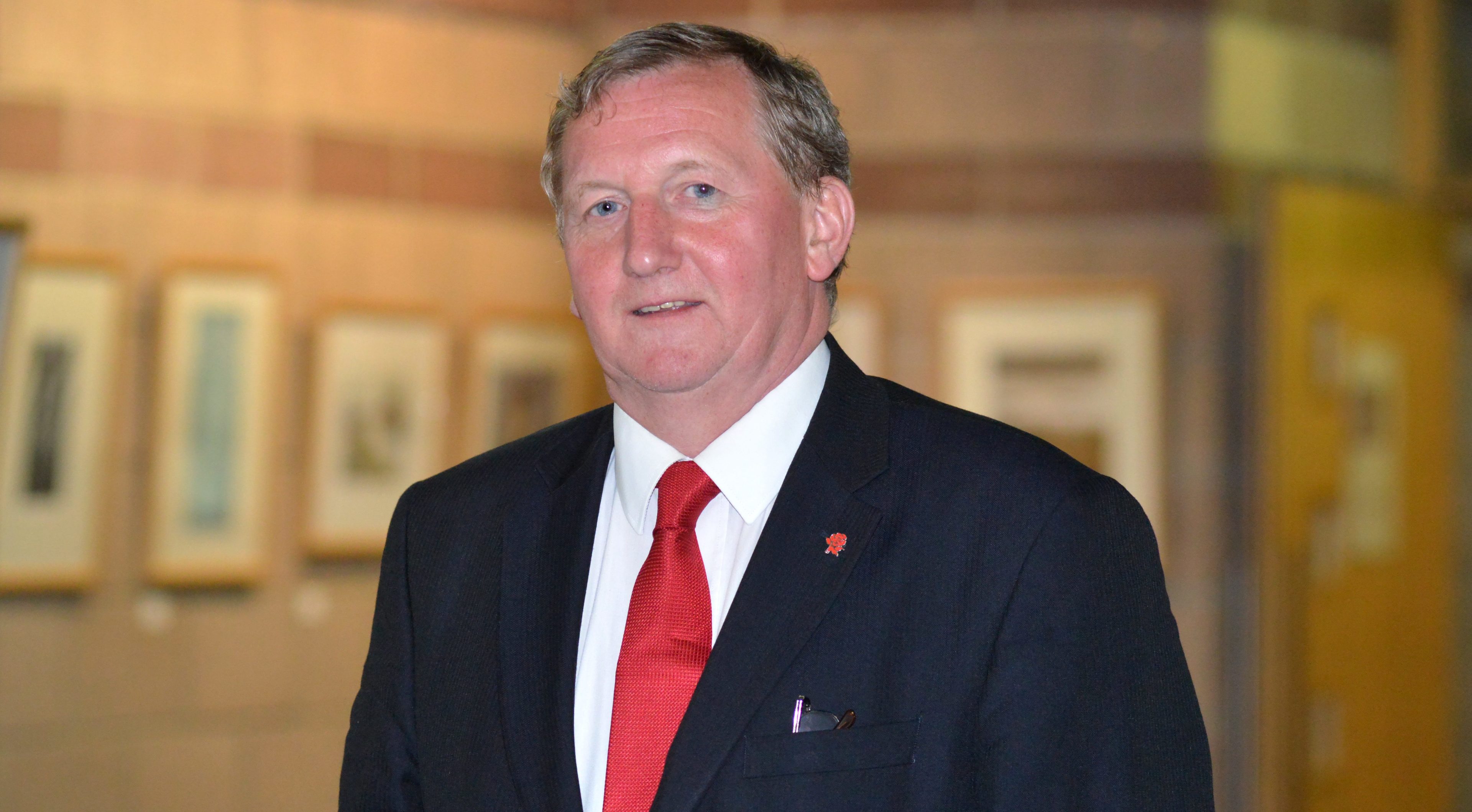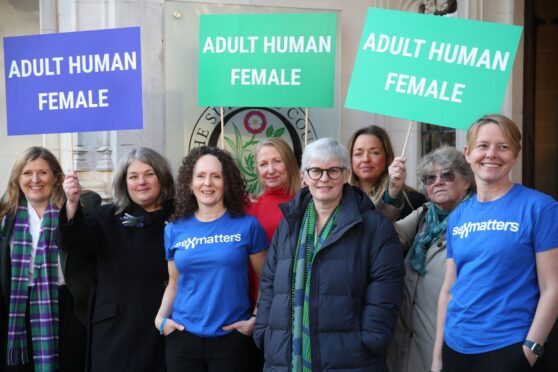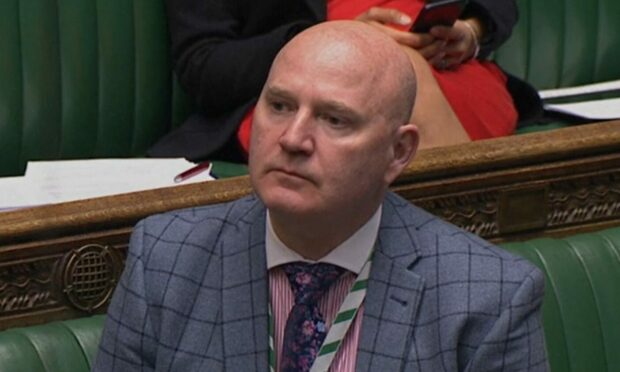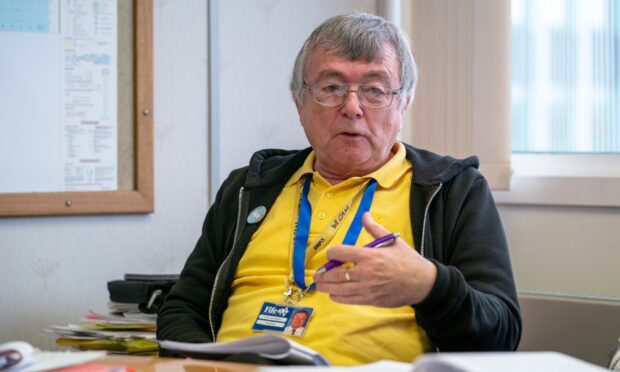Scottish Labour’s deputy leader has joined the SNP in calling for Theresa May to pursue “hard” Brexit exemptions for Scotland as well as the City of London.
Fife MSP Alex Rowley also echoed senior Nationalists in demanding immigration powers are handed over to Holyrood.
Speaking at a meeting in Dunfermline, Gordon Brown’s protégé renewed his appeal for a “new constitutional settlement fit for the 21st century”, which involves a Home Rule solution through further devolution to Scotland.
Mrs May is exploring ways of retaining free access to the single market for London’s financial centre, while the UK as a whole looks set to sacrifice full membership of the tariff-free zone.
SNP figures have said it would be unacceptable if the Prime Minister would not look at a special deal for Scotland when she is doing so for the City.
Mr Rowley said: “If it is right for the City of London to get a deal on access, then it is equally right for Scotland to state the case for tariff free access to the single market, for Scotland to be in a position to agree immigration policy to meet the needs of our economy and for Scotland to set the condition that there will be no rowing back on employment rights which supports wages and workplace justice.”
Mr Rowley, a former leader of Fife Council, said that as part of the Brexit negotiations there must a review of “how the UK is organised and is governed”.
“I believe that this will require more powers being devolved to Scotland as part of a Home Rule agenda to deal with the inevitable constitutional and economic changes following on from Brexit,” he said.
Calling the current pursuit of indyref2 “reckless”, he added: “The SNP talk only of the benefits of being in Europe and the disadvantages of being in the UK whilst the Tories talk only of the benefits of being in the UK and disadvantages of being in Europe. So Scotland is in danger of being stuck for years trapped between these two polar opposites.
“I am suggesting that there is another way, a better way that is not ideologically fixed to either unionism or nationalism but rather to what is in the best interest of the people of Scotland.
“Standing up for Scotland, making the case for a new constitutional settlement fit for the 21st century, putting the interests of people of every part of the UK first, and taking power to the level which gets the best deal for all the people who are part of the United Kingdom.”









